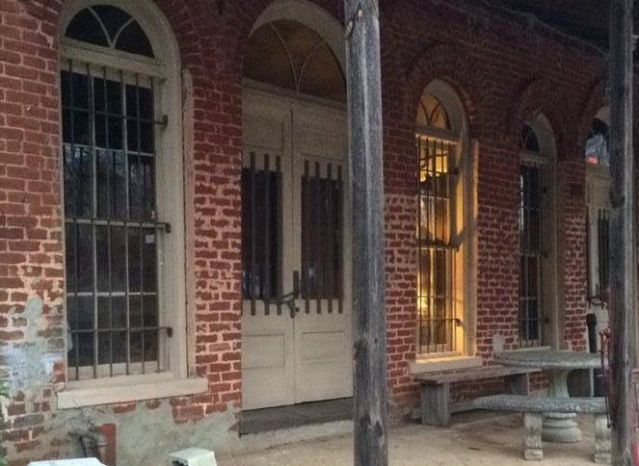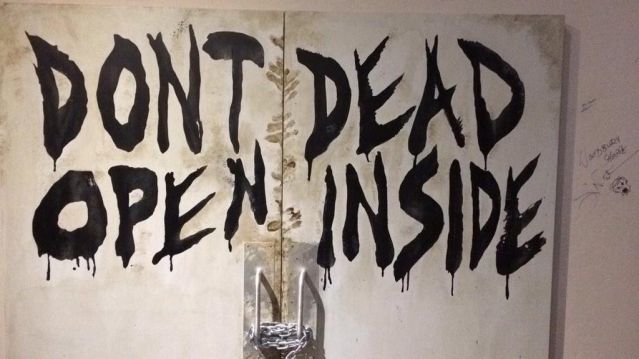Grief
Grief Out Of Order: Apocalyptic Loss and "The Walking Dead"
The Walking Dead demonstrates how stages of grief follow no universal order.
Posted August 17, 2015

Fear the Walking Dead, the prequel/spinoff to AMC's hit television series The Walking Dead, debuts with an all-new set of characters. Unlike the original series which takes place in Georgia and Virginia, the new program is set in Los Angeles and is not directly based on any or Robert Kirkman's comic book stories.
Before we discover how these new characters will react to the zombie apocalypse, let's take a look at how one of the original series's characters faced loss and bereavement. What do these reactions mean for ongoing survival in a complicated world?
Hershel’s Stages of Grief
Psychiatrist Elisabeth Kübler-Ross (1969, 2005) observed that many individuals undergo five stages of grief in coping with death and other losses. Farmer Hershel Greene manifests them all:
Stage 1: Denial. When Hershel’s wife and neighbors become walkers, he refuses to believe they have died. However much denial may alleviate potentially crippling stress, though, it can blind people to genuine threats and raise the likelihood of their later developing PTSD.
Stage 2: Anger. After Rick’s group destroys the barn walkers, an enraged Hershel orders them off his property. On television, his anger is brief. In the comic books, he stays mad enough to send them away.
Stage 3: Bargaining. A person may hope to undo or prevent the loss by means such as pleading to a higher power or seeking out different medical opinions. Hershel does this out of order. In conjunction with his denial, this devoutly religious man bargains to care for “those people” until a cure becomes available.
Stage 4: Depression. After the barn walkers’ destruction in the comics, Hershel puts a gun to his head to take his own life until Rick stops him. On television, the recovered alcoholic Hershel goes drinking.
Stage 5: Acceptance. Once Hershel moves past his depressive episode to face his new reality and learn to cope, he reveals himself to be a voice of wisdom.
Kübler-Ross’s stages do not apply to all people, especially in a post-apocalypse in which the world itself can make anyone feel terminally ill. Grief follows no set pattern, obeys no rules.
Sources
Kübler-Ross, E. (1969). On death and dying. London, UK: Routledge.
Kübler-Ross, E. (2005). On grief and grieving: Finding the meaning of grief through the five stages of loss. New York, NY: Simon & Schuster.
Related Posts
* The Walking Dead Psychology: A Cannibal Conversation
* Sole Survivor Finds Hope in a Hogwart Wizard's Words
* Westboro Baptist Church: Modeling Empathy on the High Road
* Spectacular Tragedy in a Just World: The Power of "Why?"

"Hershel's Stages of Grief" reprinted with permission from The Walking Dead Psychology: Psych of the Living Dead © 2015 by Travis Langley, Sterling Publishing.


